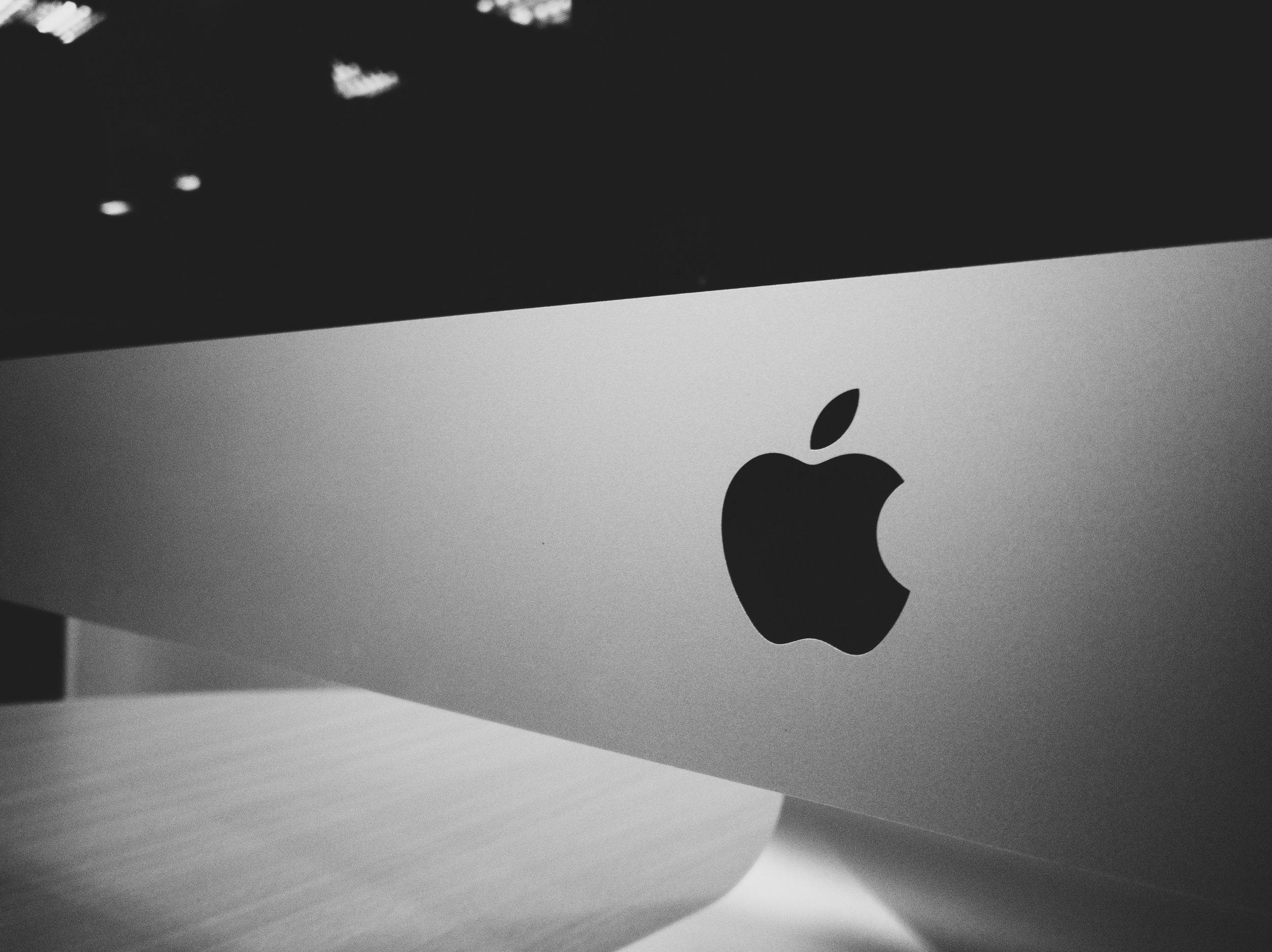A friend who has been a long-time market manager for Apple, and who oversees all new hires for Apple Stores in the Southwest market, recently told me the amazingly simple but powerful question that she asks all prospective Apple employees.
I thought it was brilliant and I have used it when interviewing all applicants for positions within my company.
"What's the best mistake you've ever made and what did it teach you?"
This question is so brilliant and offers razor-sharp insight into the inner workings of a person's mind because it immediately determines three fundamental things:
1. Can the applicant admit they've made mistakes?
This information is priceless. Making mistakes happens in the professional world multiple times a day, from all rungs of the ladder.
The mailroom intern makes them, as does the CEO in the corner office.
Despite how common mistakes are, a fair amount of people are averse to admitting they make them or realizing the lessons they have to learn.
Believe it or not, some applicants will actually flinch when they hear that question, as they are so uncomfortable with the idea of admitting they've made mistakes or thinking about past ones--they're obsessed with the notion that they must be perfect. Sometimes it's cultural.
2. Does the applicant understand that mistakes have value?
Some applicants will demonstrate they have no trouble admitting to past mistakes, but the notion that mistakes have something to teach them is clearly news to them.
They'll be able to recall past mistakes, but it's obvious they haven't done much introspection on what these mistakes forced them to learn, how they were ultimately useful, and how they changed and impacted their behavior or viewpoint.
3. Has the applicant spent time reflecting on their past mistakes and mining for the lessons they have to teach?
An ideal applicant won't need much time to think when answering this question. This person has already taken the time to recover from the embarrassment of their mistakes and to contemplate the lessons they learned.
Strong interviewees will show they've done both the practical and introspective work.
From a practical standpoint, interviewees know what methods/strategies to avoid/embrace in the future.
From a personal growth perspective, they've also learned something about themselves.
If you're ever in this situation during a job interview, you should discuss how you eventually addressed this mistake: was it on your own, with the help of a team, or through creative thinking? You should also explain how it may have been useful in solving other problems.
You might find that as you start to explain what you did wrong or what you miscalculated or overestimated, you feel embarrassed.
Sometimes, talking out loud to a stranger about a past mistake, you can suddenly find yourself turning red or your voice cracking and those same thoughts coming up--how on earth did I ever think that was a good idea?
The key is to show that you can take responsibility for your mistakes, as your mistakes are part of your journey.
In every mistake you've made there's a positive, and fun, aspect of your personality buried.
I help my clients use the power of their unique personalities to guarantee an interview win every single time they walk into the room: They won the job, they made it to the next round(s), they loved you and will bring you back in for another, perhaps better, position.
The No. 1 rule of every interview
Stop trying to please or guess what "they're" looking for. Assume "you" are who they're looking for, and bring yourself (personality) to the conversation.
The ability to amplify and share your personality is 90 percent of your success potential in any life endeavor.
Show your interviewer that you have the confidence and wisdom to talk openly about past mistakes, as you've evolved beyond them.
Don't be afraid to look like an asshole. Bravely embracing these past mistakes, connecting with them and the lessons they had to teach, helps you show people who you are in a job interview.
While you're not guaranteed to land the job, you are guaranteed to come off looking confident, stand out, and be a strong contender.
This article was originally published on Inc.

